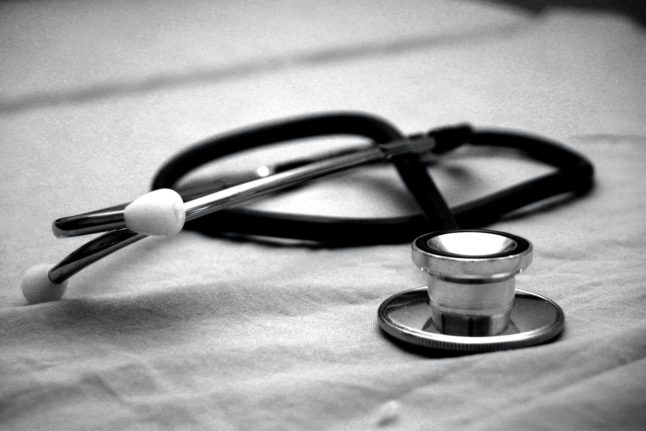Super Bowl LVIII, or the 2024 Super Bowl, is taking place on February 11th in the United States – and people in Austria will be able to watch the Kansas City Chiefs vs. San Francisco 49ers at 00:30 on Monday, February 12th. But how?
The public channel ORF will not broadcast the event, but other media will. You will be able to see the game and halftime show (Usher – not Taylor Swift) on the channel RTL, which also offers streaming. Additionally, the streaming service DAZN will show the game.
Even though Austria is not a country where American football is particularly popular, the Super Bowl is a major event, and many bars and pubs hold viewing parties. The final is not for a couple of weeks, but some of Vienna’s most popular Super Bowl parties are already selling (and even selling out of) tickets.
Here are some of the main events for watching the Super Bowl in Vienna:
Super Bowl Party at Vienna Marriot Hotel
It is one of Austria’s most “traditional” Super Bowl parties. The Marriott Hotel is in the first district and has an all-you-can-eat and all-you-can-drink offer. The streaming is also with the original English commentary by the NFL crew on FOX this year.
The night has three menus (but very few vegetarian or vegan options) from 9 pm until the end of the game. Tickets start at €99.
You can read more about it here.
Super Bowl Night at Admiral Arena Prater
The Admiral Arena Prater holds another typical event in Vienna’s second district. Admission is at 9 pm, and there is all you can eat and drink all night long. There will be a professional moderator through the evening, football experts and a cheerleading show, among other events.
The drinks include beer, wine, juices, soft drinks, coffee and tea and dishes are served in the American buffet. From 3 am, there is a rich breakfast buffet (this year, they added a lot more vegetarian or vegan options). Tickets cost €109.
You can read more about it here.
Super Bowl Extravaganza at the Long Hall
The famous international pub offers a party with an open bar of the Czech beer Kozel, wine spritzers and a selection of soft drinks from 10:30 pm until the game ends.
The Long Hall boasts five plasma screen televisions and a drop-down beamer screen to watch both the game and halftime show, and you can reserve seats for yourself and a group. Tickets cost €60.
You can read more about it here.
Super Bowl at Pointers Pub
The sports pub Pointers also holds a major Super Bowl event in Vienna’s fourth district.
From 8 pm on Sunday, visitors get “free snacks and nibbles”. Tickets cost €40, but the amount can be deducted from consumption on game night.



 Please whitelist us to continue reading.
Please whitelist us to continue reading.
Member comments